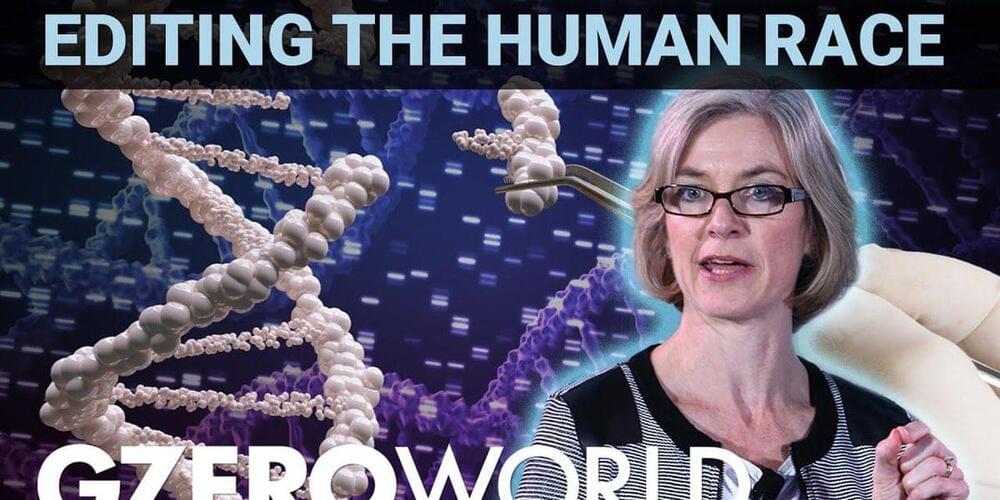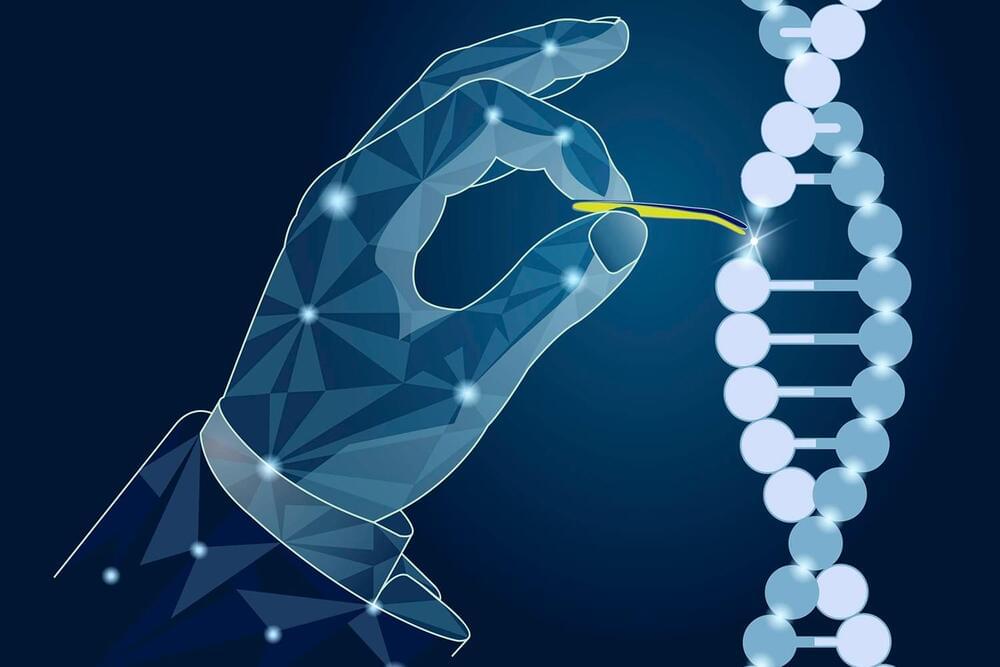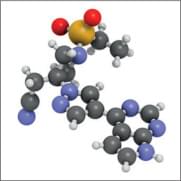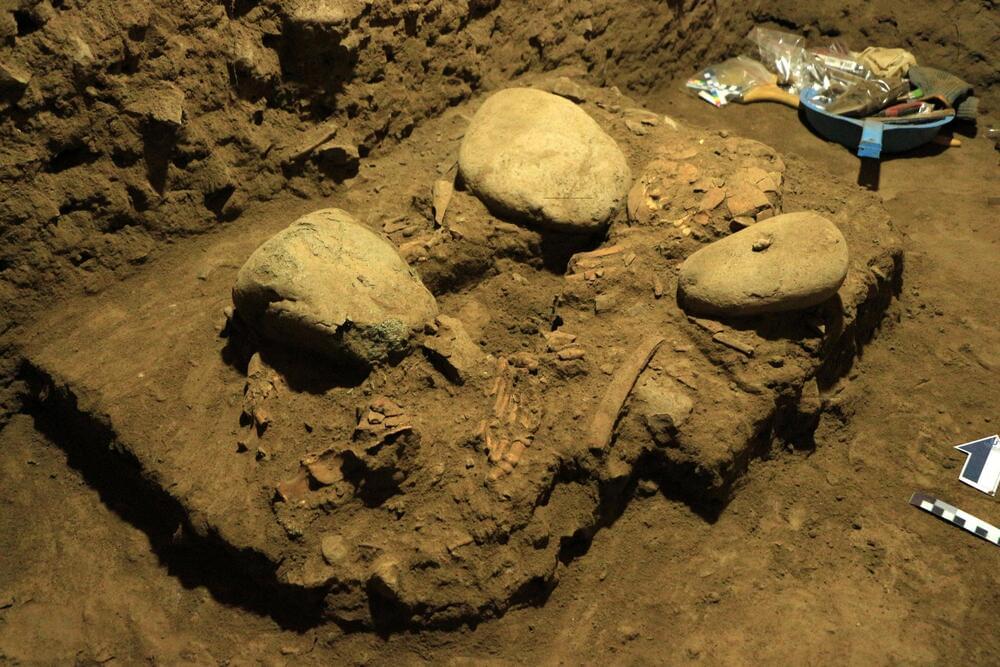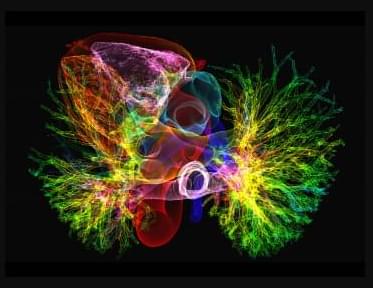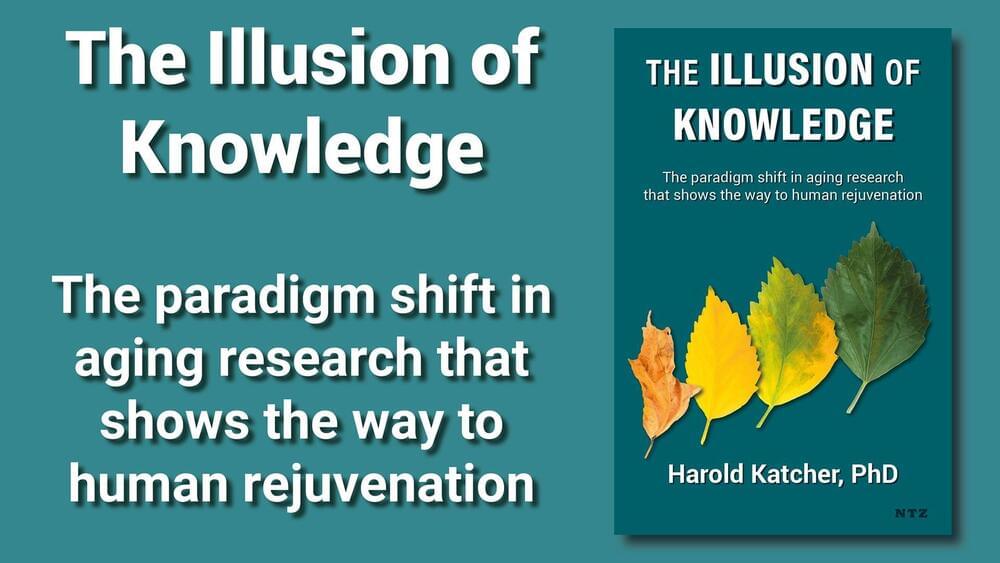The cumulative effect of reduced PTPN2 activity on both mechanisms was an elevated fluid loss. The researchers proved this defect could be reversed by treating cells lacking PTPN2 with recombinant -; or synthetic -; matriptase.
A team of researchers led by a biomedical scientist at the University of California, Riverside, has identified a novel mechanism by which loss-of-function mutations in the gene PTPN2, found in many patients with inflammatory bowel disease, or IBD, affect how intestinal epithelial cells maintain a barrier.
The intestinal epithelium, a single layer of cells, plays a critical role in human health by providing a barrier while also allowing nutrient and water absorption. Intestinal epithelial cells are needed for regulating immune function, communicating with the intestinal microbiota, and protecting the gut from pathogen infection -; all of which critically depend on an intact epithelial barrier.
Affecting roughly 3 million Americans, IBD is a set of chronic intestinal diseases in which the lining of the gut becomes inflamed and leaky. Increased gut leakiness has recently been confirmed to increase the risk of developing IBD.
